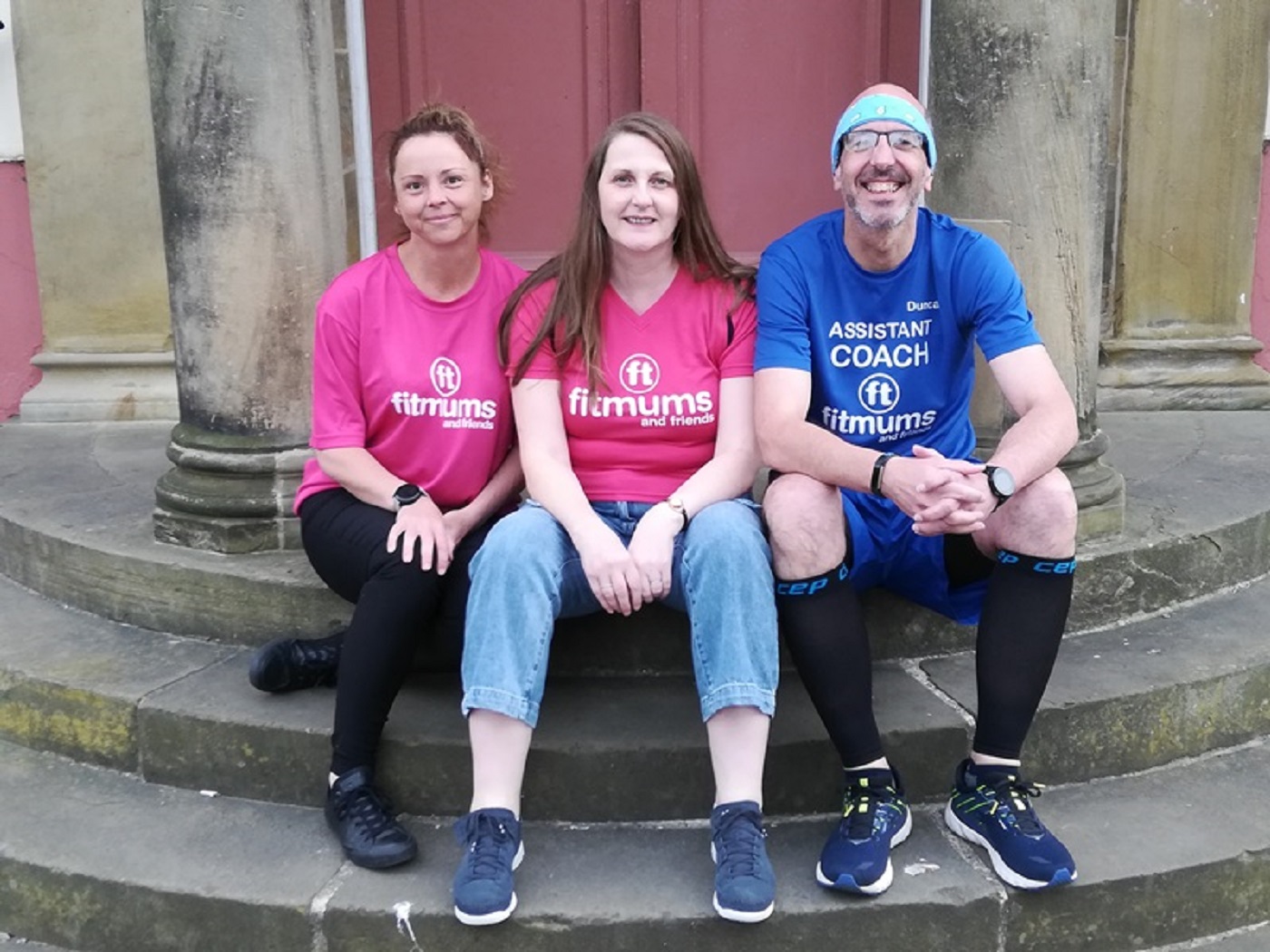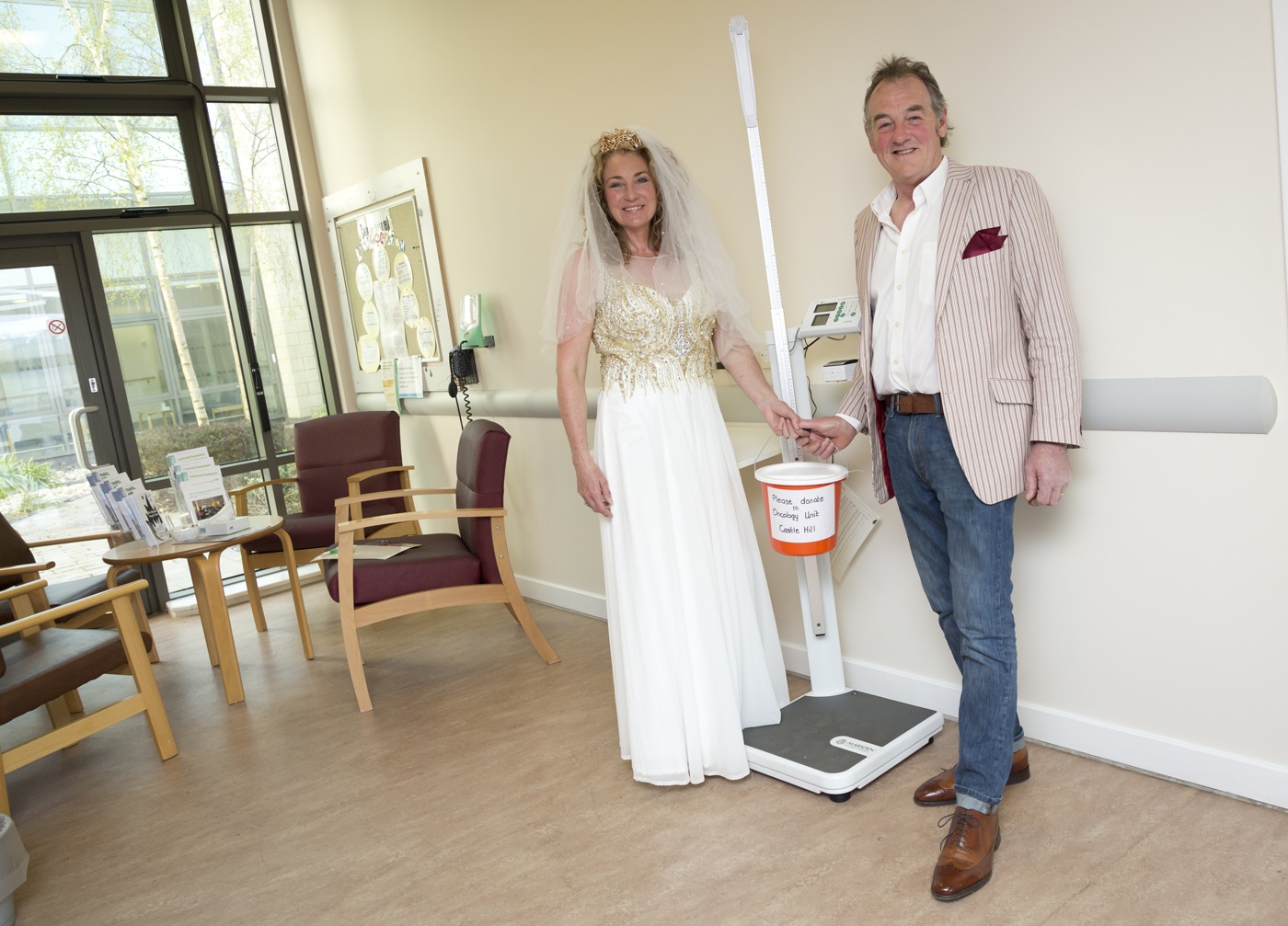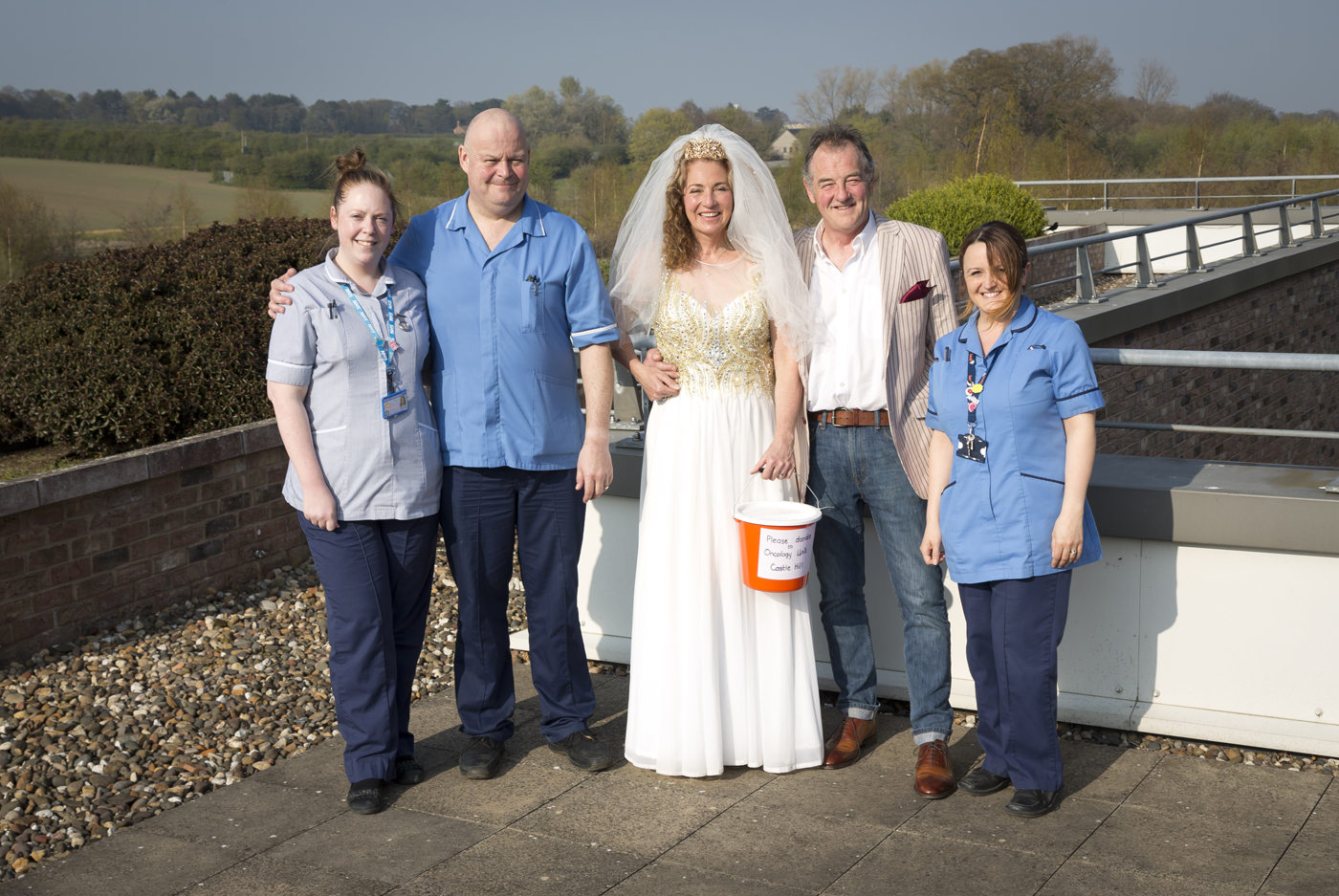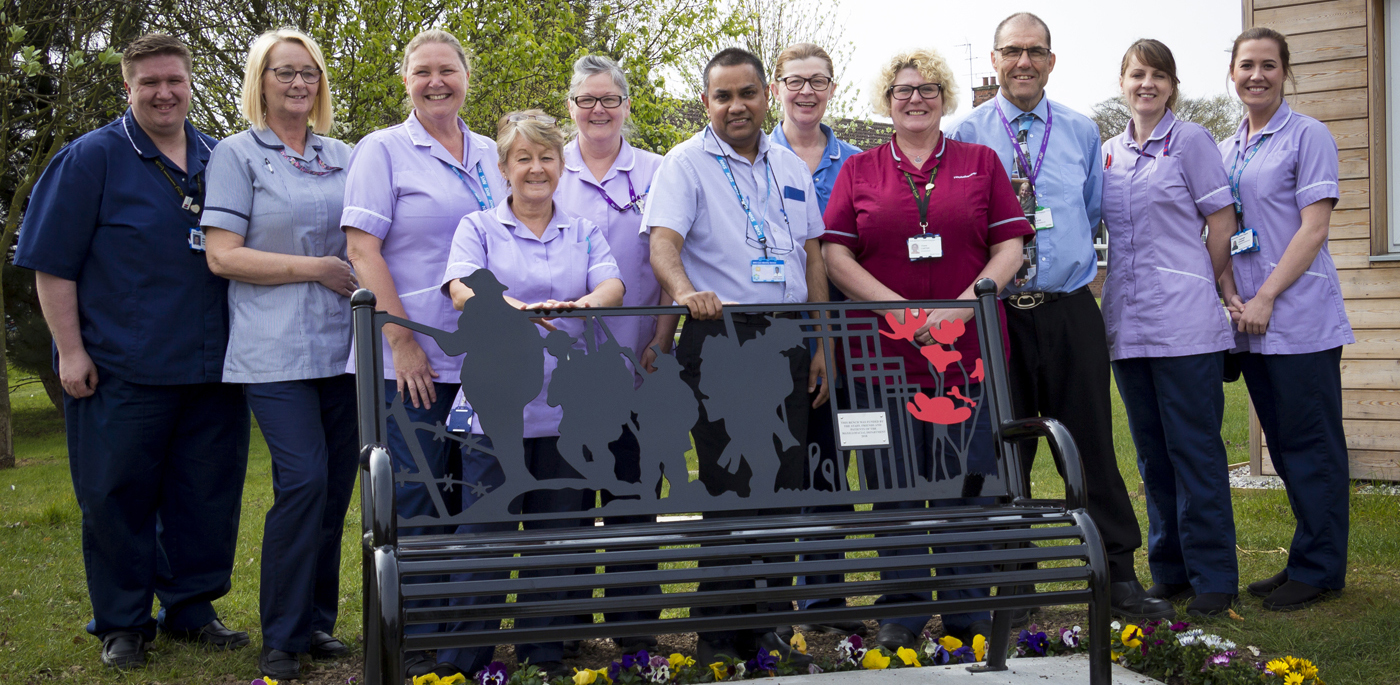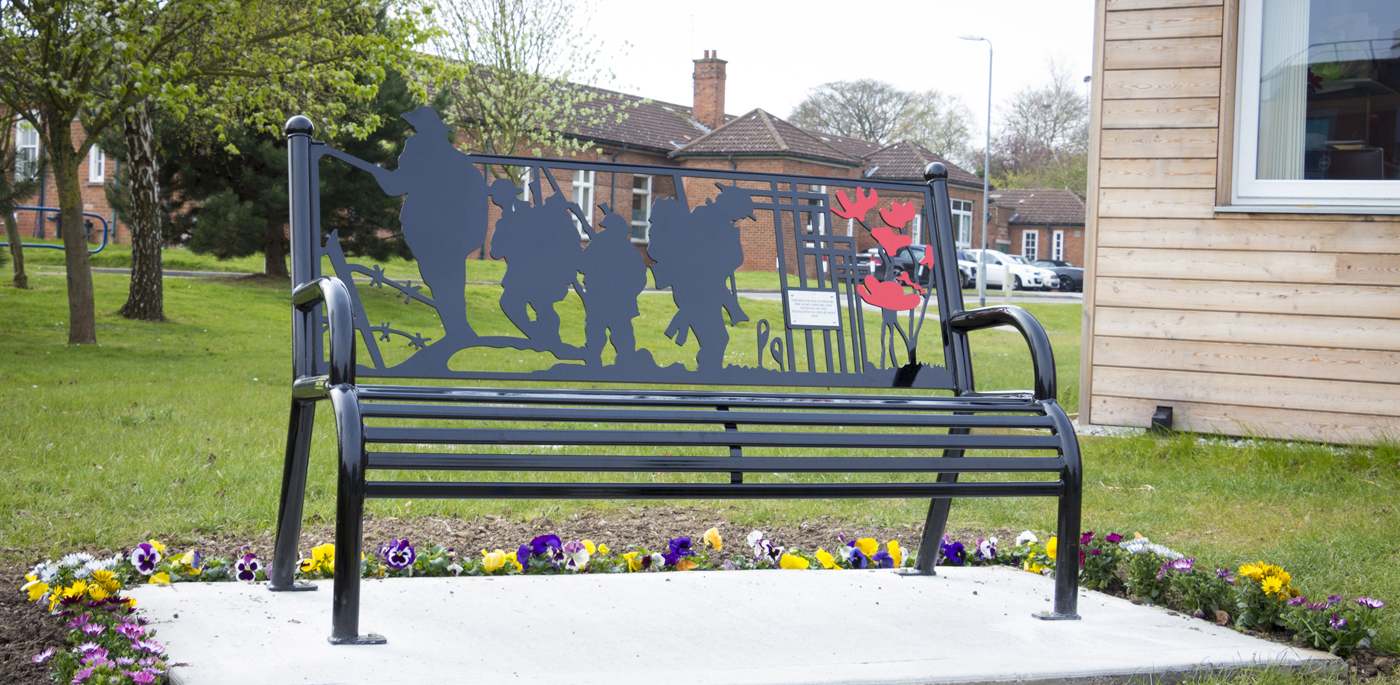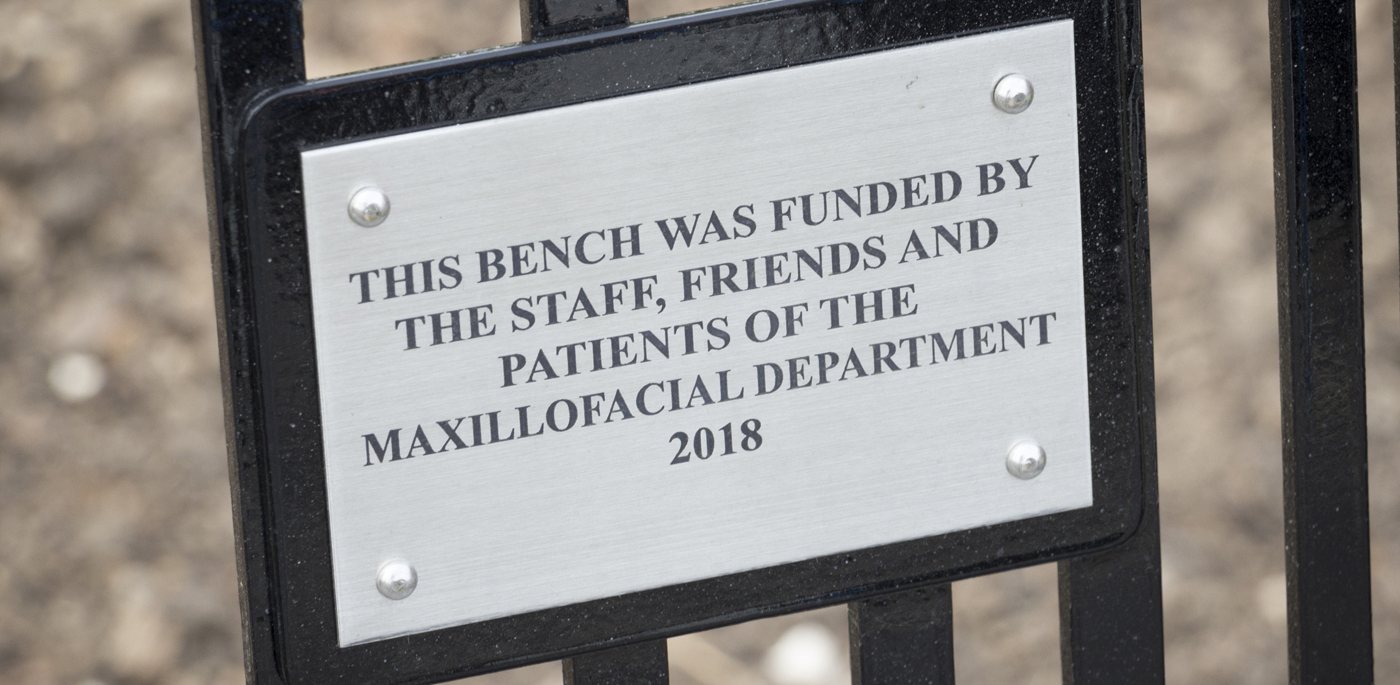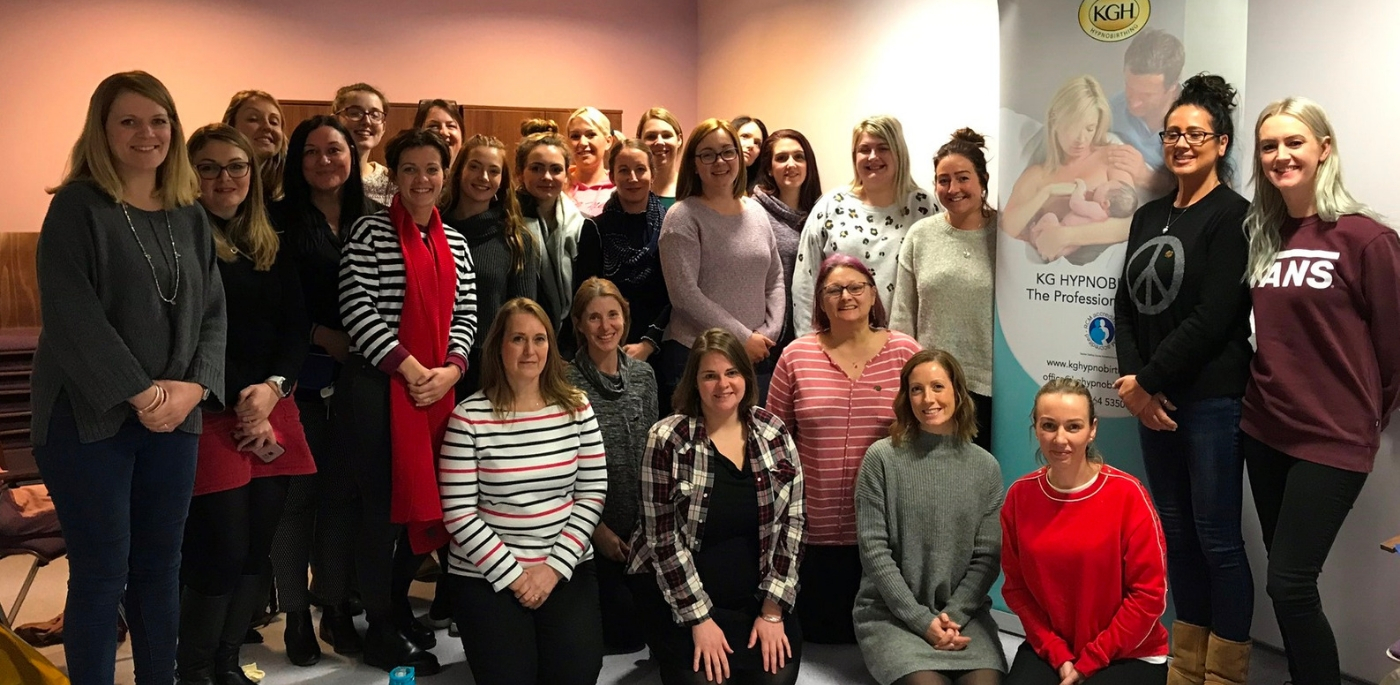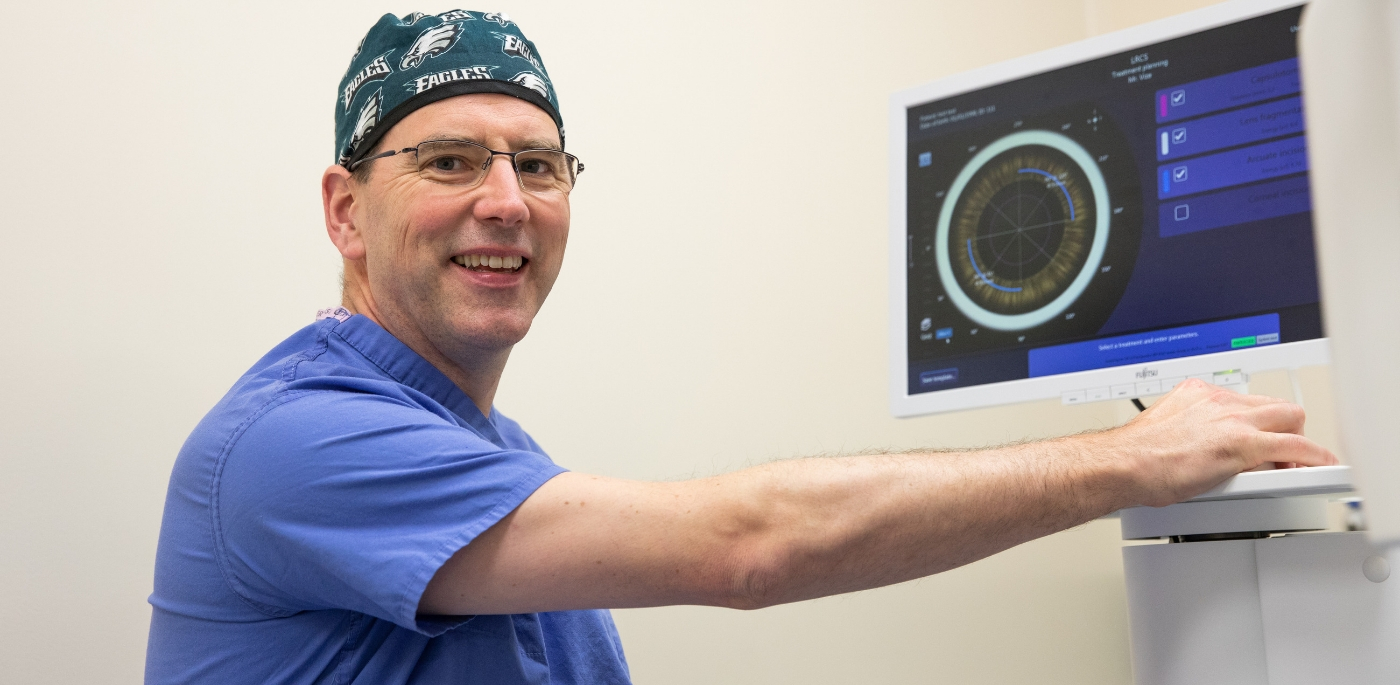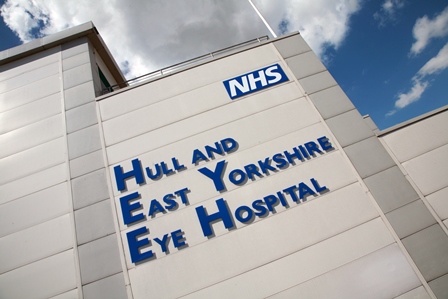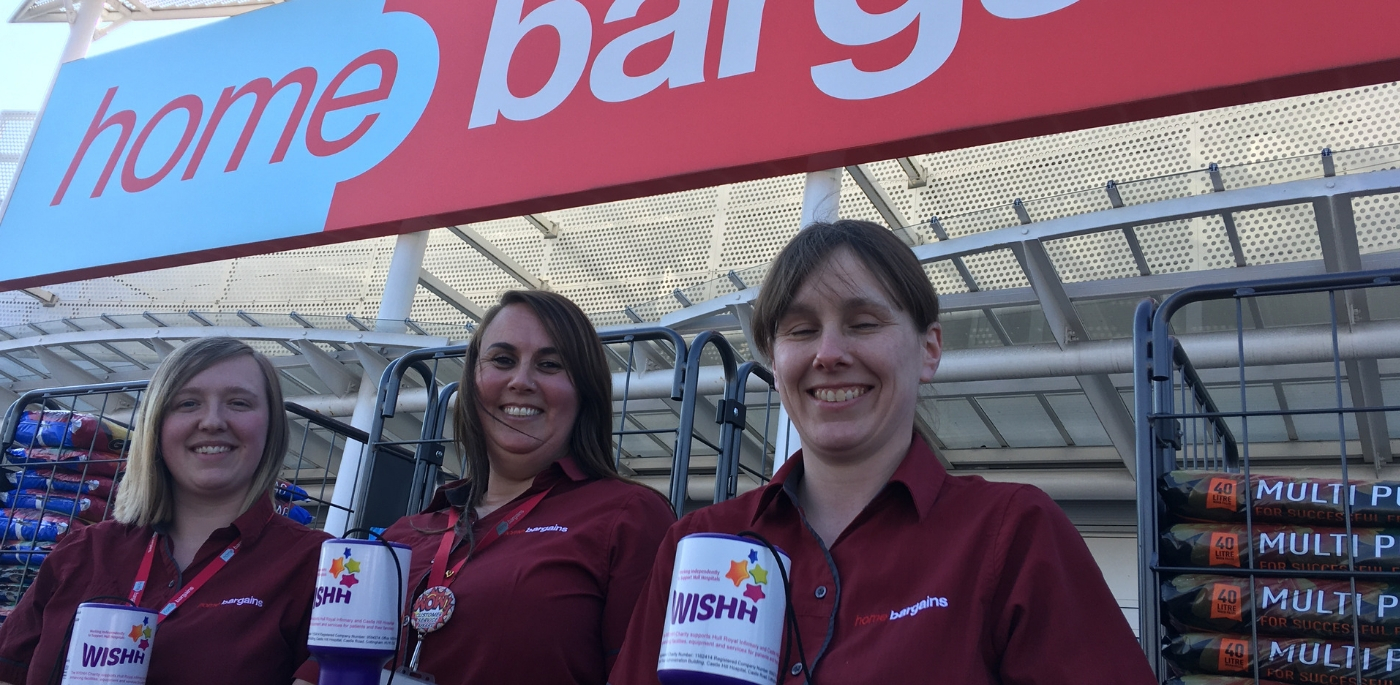A dad has thanked NHS emergency staff for helping his son who broke his arm in two places in a scootering accident.
Dylan Douglas, 9, fell off his scooter during a day out at Little Switzerland in Hessle with his dad Iain, mum Sam, seven-year-old brother Ewan and 10-week-old baby brother Warran during the Easter holidays.
Paramedics from Yorkshire Ambulance Service carried Dylan out of a remote area of the nature reserve in a special chair before he was rushed to the Children’s Emergency Department at Hull Royal Infirmary.

Dylan Douglas with his injured arm
Now, with Dylan recovering after surgery to repair the double break, Iain is thanking the teams who worked together to help his family.
Iain, who works in the mental health liaison team at Humber Teaching NHS Foundation Trust, said: “Working in the NHS, I see great care everywhere ever day but I am truly blessed that my family received it too.
“To them, it was routine standard care but I know it was of exceptional high quality, from the ambulance crew and the ED staff who were brilliant to the radiographers and the staff on Acorn Ward.
“We couldn’t have asked for better care.”
The family, who live in Hull, had gone to Little Switzerland at Humber Bridge Country Park on April 15 and Dylan fell off his scooter as he came down a steep hill at the back of the reserve.
Iain said: “I ran to help him when he fell off and was about to give him a telling off because he’d torn his t-shirt when I noticed his arm was bent at a really weird angle.”
With his son in agony, Iain called 999 but realised the crew would struggle to find them because of their remote location.
A woman saw the family in need and headed to the car park at the top of the reserve to direct the crew once they arrived. However, the paramedics realised they would struggle to reach Dylan so drove to the foreshore before taking the stretcher chair into the reserve.
Iain said: “It felt like time went so slowly but they were with us within half an hour to 45 minutes and were absolutely brilliant.
“They reassured my middle lad who was terrified and did everything they could to sort out Dylan’s discomfort on the way back to the ambulance. They explained and reassured him every step of the way without patronising him and they got him into the ambulance were swiftly and smoothly.”
Once at Hull Royal Infirmary, staff in the Children’s Emergency Department arranged for x-rays with orthopaedic and trauma reviews to assess the damage. Radiologists fitted Iain with a special apron so he could stay with Dylan, who was distressed.
Doctors discovered Dylan had broken the radius and ulna in his left forearm in the fall and carried out an emergency reset ahead of surgery.
Dylan then spent the night on Acorn Ward, with his father able to sleep in a cot next to his son, before he was taken to the operating theatre the next day to have a plate and a rod fitted in his arm.
Now back at school, Dylan is sporting a pot and has been told he’ll be able to get back on his scooter and return to goalkeeping duties within a few weeks.
Iain said: “He’s fine in himself and is back to being a normal nine-year-old. The rest of the Easter holidays were a bit frustrating for him because he’s got his arm in a pot and he couldn’t do all the things he likes to do.
“But we are just so grateful for the help we all received. Due to the blur or events, I can’t remember the names of the people who helped us but I would just like to say thank you for everything they did to help Dylan and the rest of the family.”


